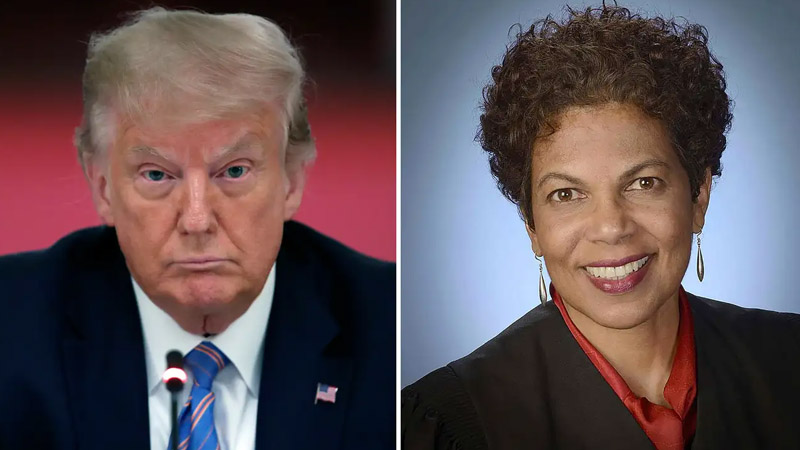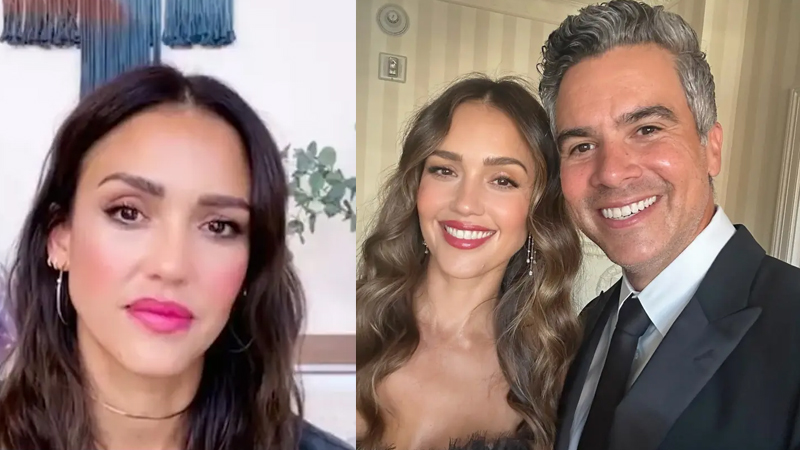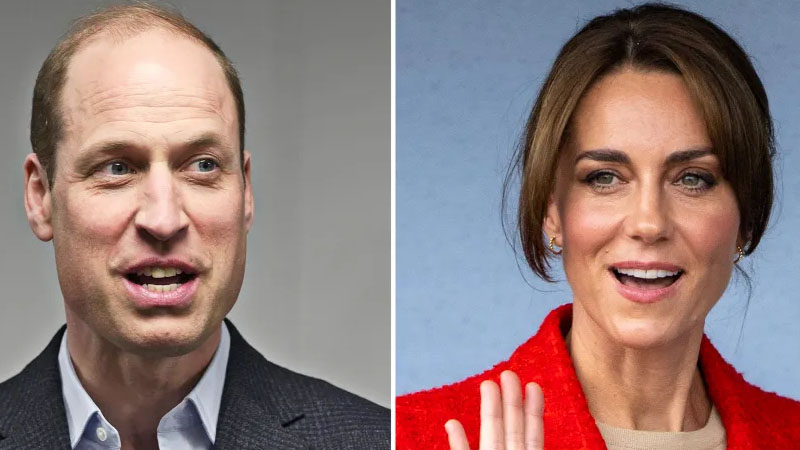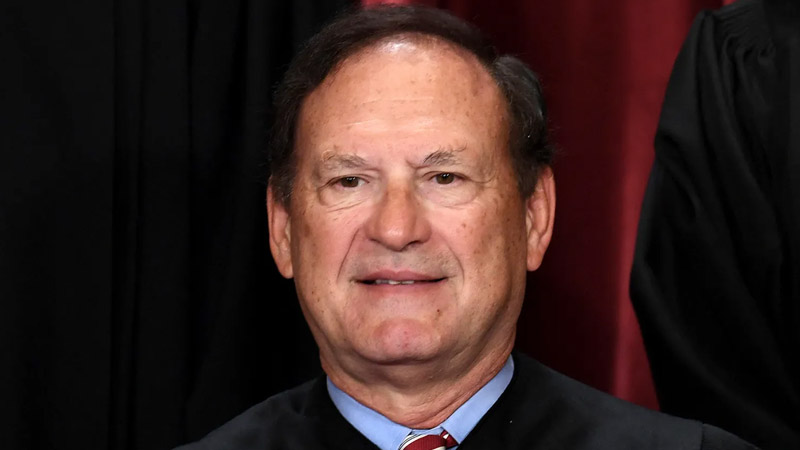Judge Chutkan Faces ‘Monumental Task’ After Supreme Court Ruling on Trump Immunity

Photo: Associated Press (AP)
A month after the Supreme Court issued a controversial ruling that presidents enjoy immunity for “official acts,” District Judge Tanya Chutkan is back at the helm of the federal election case against Donald Trump. Her challenge now is to interpret what actions fall under the justices’ decision to ensure the trial moves forward.
In an analysis for The New York Times, Jesse Wegman emphasized the significance of Judge Chutkan’s role, stating that how she chooses to proceed will “set the tone for everything that happens next.” Her immediate task, Wegman wrote, involves “going line by line through special counsel Jack Smith’s 45-page indictment and separating the charges that involve official acts from those that are unofficial. The former must be dismissed; the latter might survive.”
Wegman further noted that Judge Chutkan now faces the challenge of addressing the complexities introduced by the Supreme Court’s ruling. He argued that the ruling created “a shockingly broad yet poorly defined zone of immunity from criminal prosecution for presidents who can argue that they were engaged in their ‘official’ duties.”
To navigate this legal maze, Judge Chutkan will need to conduct what Wegman described as a “mini-trial,” a process far removed from an actual jury trial. This, he suggested, could have already occurred had the defendant not been Trump. Nevertheless, this “mini-trial” represents a critical opportunity for the American public to gain clarity on the former president’s role in the January 6 insurrection.
Wegman also proposed that Judge Chutkan could now “call the justices’ bluff” by meticulously applying their standards to the indictment. This approach, he argued, would involve dismissing charges related to actions Trump took in an official capacity—such as conversations with Vice President Mike Pence—while allowing most other charges to stand.
“A vast majority of Trump’s behavior on and around Jan. 6, 2021, was not taken in any official capacity and should not be immune from prosecution,” Wegman asserted. He added that this reality should be clear to anyone who recalls the events of that day, though the true test will be whether the right-wing supermajority on the Supreme Court agrees.
This case unfolds as Trump faces additional legal challenges, including the election interference case in Georgia and the classified documents case in Florida. Both have encountered delays, making it unlikely they will go to trial before the 2024 election, if at all. Trump has already been convicted of felony charges in the Manhattan hush money trial.
As Judge Chutkan navigates this intricate legal landscape, her decisions will have profound implications not just for Trump, but for the future interpretation of presidential immunity in the United States.


